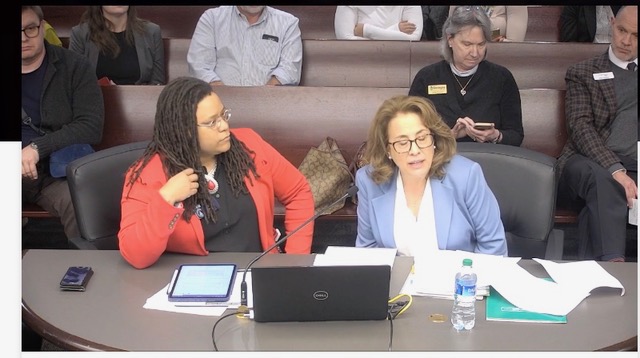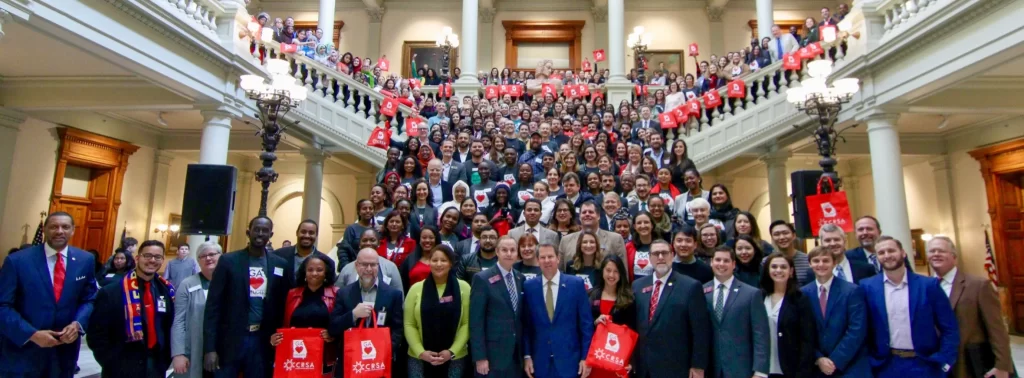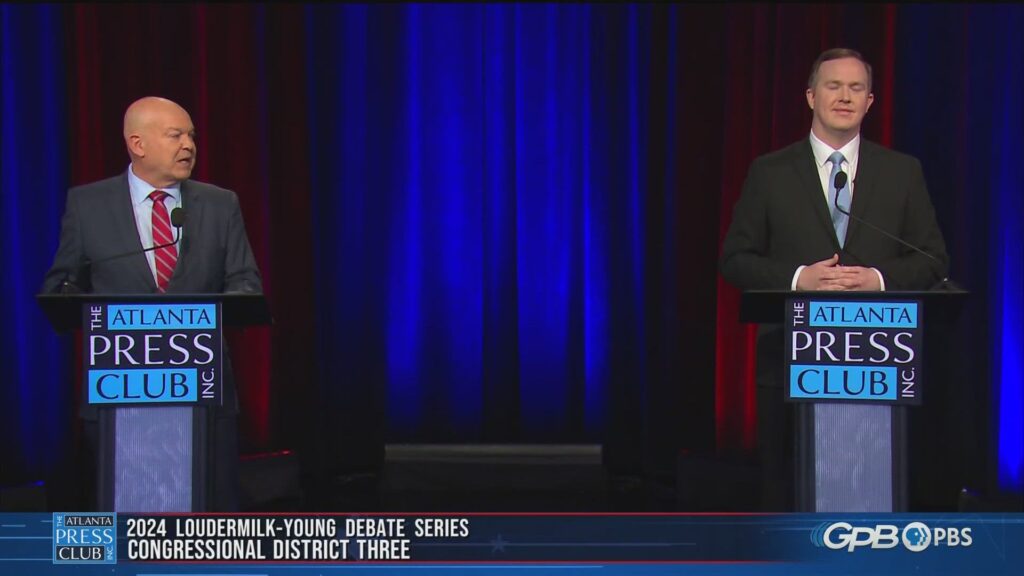
Updated 5:38 PM June 15: I think I repaired the typos. I inserted a few more links to educate the reader. dak
Immigration “reform” and a “path to citizenship” would be the largest single addition to Democrat voter roles in history.
When asked about his “…priority immigration legislation for the country” if elected to congress in the June 9, 2024 GA 03 candidate debate in Atlanta, Mike Dugan replied with an immediate reference to immigration “reform.”
Q: “Senator, while you were working in the State House, you worked on several Georgia-specific ways to regulate immigration. If elected into Congress, the picture gets much bigger in what you could do. What would be your priority immigration legislation for the country?
Mike Dugan: “I think I would… It’s a two-part deal. Uh, first, before we do any immigration reform, we have to shut down the border. The- the border situation right now, it’s a- it’s a local public safety issue, it’s a humanitarian issue, it’s a national security issue. Until we shut that down with federal government working in coordination with the states, not in opposition to, we can’t really discuss immigration reform. Once it… border is shut down, then we do need to take a long, hard look at immigration reform ’cause we need new people coming into the country. We need skill sets that we had… don’t have readily available up in the numbers that we need here in- in the U.S. So that there… It’s a two-part deal, and you can’t do both of ’em at the same time.”
Audio:
A heads-up from here for trusting Republican voters voters who only read the daily headlines and get their “facts” from “the news”: On immigration, “reform” is the establishment code for amnesty. Legalization – like 1986. Make ’em legal – like 1986. Give them a work permit. It’s the mo’ money answer to illegal immigration that has been tossed out by politicians for the twenty years I have been active on immigration. Dugan’s answer is that we will “shut down” the border then we will “reform” immigration so as to create more (legal) workers and then we will import more immigrants because we need “skill sets.”
It’s amnesty and increased immigration – and “we’ll tell you when the border is ‘shut down’. Trust us.”
- Related reading: “Immigration Reform” Equals Amnesty for Illegal Aliens and Their Employers
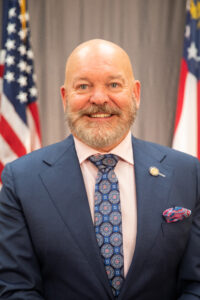
If voting Republicans were allowed even a shred of useful education and knowledge on the immigration reality and what happened in 1986, Dugan would likely only get votes from the business community.
This pro-enforcement advocate watched Dugan in the state Senate for the entire eleven years he was there. While not very illegal immigration vote he made was bad, many were horrible in that he went along with the “anything for a buck” agenda of the real bosses of much of Georgia state government – The Georgia Chamber of Commerce, the Metro Atlanta Chamber of Commerce, Big Ag and the lobbyists for business interests.
Perhaps the most memorable is Dugan’s support for the 2023 Democrat bill, SB 264 as second signer. That beauty was pushed by a lobbyist for the refugee industry, Darlene Lynch (she/her). Lynch boasts of her partnership with the Georgia Chamber in something they call “Business and Immigration for Georgia (“BIG”)and uses that connect to sell bills to wayward Republicans who are directed to create a larger work force quicker at any cost. (Lynch once promoted the idea of reciprocity in occupational licenses not only with other states, but other nations.)
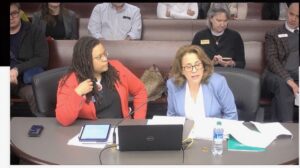
SB 264 with lead sponsor Democrat Kim Jackson was dropped in the state Senate in February of 2023. When it was presented in the GOP-run Senate Higher Education Committee, it was Lynch who did most of the talking. The entire purpose of the bill was to change long standing state law on the requirement that newly arrived Georgia residents live in the state for twelve months before they can be regarded as “residents” for purposes of instate tuition at our taxpayer funded colleges and tech schools. With Dugan as the number two sponsor, the language of the bill would have allowed foreign nationals who came to the U.S. as refugees, “Special Visa Immigrants” (mostly from Iraq and Afghanistan) and recipients of the biden administration’s seemingly endless “humanitarian parole” to skip the waiting twelve month period – they would have been eligible for the huge reduction in tuition of instate tuition the day they arrived here. Americans moving here from Michigan and the rest of the nation would still be required to wait for a year before qualifying for the lower tuition rate.
I referred to SB 264, Sen. Mike Dugan cosponsor, as (yet another) “Americans last” measure.
It gets worse. When I wrote about the legislation in my regular column in Dugan’s home town newspaper, The (Carroll County) Star News, the editor gave my copy to Dugan who was able to write a rebuttal in the same edition. Point by point Dugan misrepresents the bill and even told readers it had never even seen a hearing – and that it didn’t;t matter anyway because the bill was dead because the 2023 session had ended. The fact is that I watched the hearing, and that Georgia runs on a biennial system for the legislature- the bill was quite alive for the 2024 session. I think he had Lynch write his response to me and never even checked it.
- You can read about that bizarre response and my fact check here.
There is a lot more, but if voters liked Paul Ryan and John McCain on immigration, they should look forward to Mike Dugan going to Washington.
I know very little about Dugan’s primary runoff opponent.

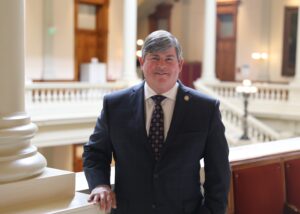


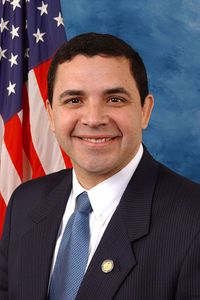
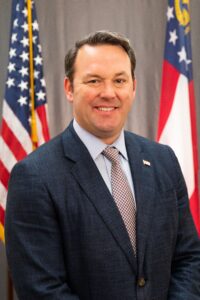
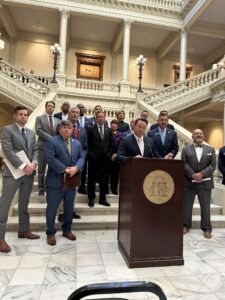



 Martha Zoller
Martha Zoller

